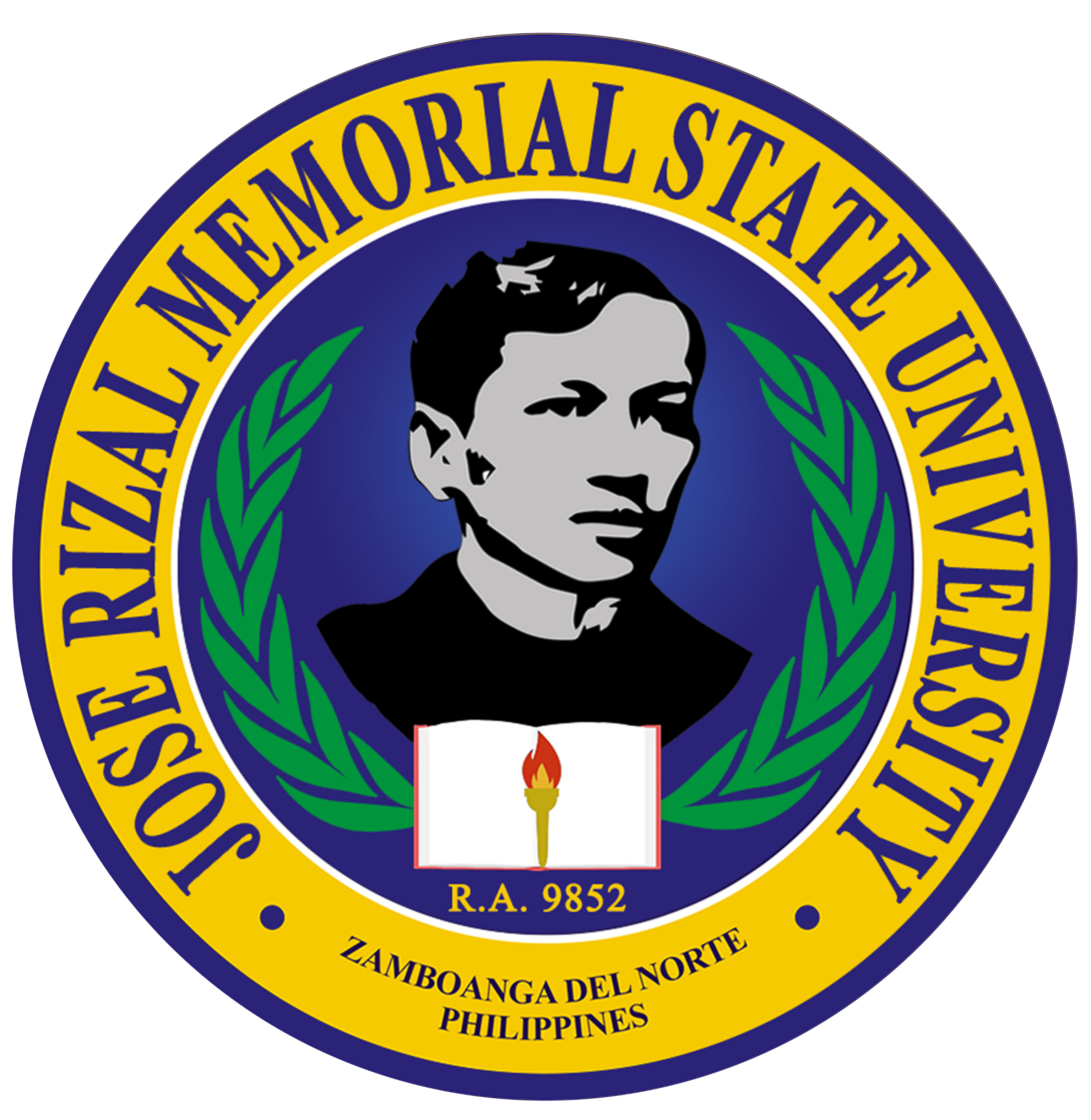Empowering Youth for Climate Action: Evaluating the YOUTHNITE Environmental Leadership Summit as an Extension Model
Keywords:
Youth leadership, environmental education, extension program evaluation, sustainable development goals (SDGs), YES-O, climate action, Philippines, SDG 4, SDG 11, SDG 13, SDG 17Abstract
Youth organizations are vital platforms for cultivating environmental leadership and advancing climate action, particularly in climate-vulnerable nations such as the Philippines. This study evaluates the YOUTHNITE Environmental Leadership Summit, a collaborative extension initiative implemented by ChildFund Philippines, Jose Rizal Memorial State University (JRMSU), the Department of Education–Dipolog City Division, and the Dipolog City Eco Club x Greenducators ZN (DCEC). Ten project proposals from the Youth for Environment in Schools Organization (YES-O) were assessed using standardized criteria: innovativeness, replicability and sustainability, impact/reach, feasibility, and presentation. Quantitative results showed that projects such as SolaRise and GreenBuild scored highest due to their strong integration of renewable energy and eco-construction, while lower-ranking proposals faced challenges in feasibility and communication. Thematic analysis revealed strengths in innovation and sustainability, but weaknesses in detailed planning, partnerships, and presentation. Mapping of proposals to the Sustainable Development Goals (SDGs) confirmed strong contributions to SDG 4 (Quality Education), SDG 11 (Sustainable Cities and Communities), SDG 13 (Climate Action), and SDG 17 (Partnerships for the Goals). Findings highlight YOUTHNITE as an effective extension model that bridges classroom learning with community-based climate action. The study concludes with recommendations for strengthening technical capacity, enhancing communication skills, and institutionalizing mentorship to ensure the sustainability and scalability of youth-led environmental initiatives.





